
When it comes to addiction recovery, there is one often-underestimated ally: nutritional supplements. While traditional therapies and support systems are vital on your road to sobriety, the significance of nutrition in this process cannot be overstated. Addiction can take a toll on the body, depleting essential nutrients and impairing overall health. However, these supplements can help in many ways – from addressing deficiencies to boosting mental and physical well-being. Here, we’ll explore the transformative role of nutritional supplements in addiction recovery.
The Link Between Nutrition and Addiction
Addiction isn’t just a battle of the mind and spirit; it profoundly affects the body in numerous ways, including the nutritional balance. Substance abuse and addictive behaviors can lead to malnutrition and hinder the body’s ability to absorb essential nutrients. This vicious cycle exacerbates the physical and mental toll of addiction. Alcohol, for example, can deplete B vitamins, while opioids can disrupt digestive processes.
Addressing these nutritional imbalances is crucial to break free of addiction. When the body is deprived of vital nutrients, it struggles to repair itself, leading to fatigue, cognitive impairment, and weakened immune function—all of which can hinder recovery. Therefore, restoring the body’s nutritional health is integral to recovery.
Seeking Help
When starting your path to addiction recovery, one of the most crucial steps is to find the right drug rehab center. Seeking professional guidance and support can make all the difference. These centers offer tailored treatment plans, therapy sessions, and access to expert medical care, ensuring you receive comprehensive and personalized assistance. This includes your nutrition plan that will help your body recover. For example, the ultra-luxury drug rehab in Malibu often combines these elements with high-end amenities, chef-prepared meals, and personalized fitness programs to create a comfortable and luxurious holistic healing experience.
Benefits of Nutritional Supplements in Addiction Recovery
The benefits of incorporating nutritional supplements into your addiction recovery process are profound and multi-faceted. These supplements can help bridge the nutrient gap left by addiction, replenishing vitamins and minerals that may have been depleted over time. This restoration of nutritional balance can lead to increased physical vitality, improved mental clarity, and enhanced emotional stability.
Moreover, nutritional supplements can play a pivotal role in curbing cravings and managing withdrawal symptoms. For instance, Omega-3 fatty acids are known to support brain health, reducing anxiety and depression often associated with addiction recovery. B vitamins aid in stress reduction, promoting a sense of calm during a challenging period.
Key Nutritional Supplements for Recovery
Needless to say, balancing macro and micronutrients with supplements is very important, and specific nutritional supplements in addiction recovery can be instrumental in achieving this equilibrium. One key supplement is Omega-3 fatty acids, renowned for their brain-boosting properties. They not only promote cognitive function but also help alleviate symptoms of anxiety and depression often experienced during recovery.
B vitamins are another component aiding in stress reduction and energy regulation. They stabilize mood and ensure the nervous system functions optimally.
In addition, amino acids like L-glutamine and L-tyrosine can be indispensable in managing cravings and supporting neurotransmitter production. These supplements address the biochemical imbalances that can trigger relapse.
Safe Usage and Consultation
For those considering the integration of nutritional supplements into their addiction recovery, we must highlight the importance of seeking expert guidance. For instance, when seeking information and advice on safe supplement usage, resources like the insights and recommendations provided by brightfuturestreatment.com, a reputable treatment center, can be invaluable. They offer a wealth of knowledge to assist individuals in making informed decisions about their recovery.
A healthcare professional or a registered dietitian can evaluate your individual needs and potential interactions with medications. They can tailor a supplementation plan that aligns with your specific health requirements and goals.
Furthermore, experts can help you navigate potential allergies or sensitivities to certain supplements, ensuring that your journey towards recovery remains as smooth and risk-free as possible. While nutritional supplements can be highly beneficial, their efficacy and safety are optimized when incorporated under the guidance of knowledgeable professionals.
Personalized Nutrition Plans
One size does not fit all, especially in addiction recovery. Personalized nutrition plans tailored to individual needs can significantly enhance the chances of success. Your nutrition plan should align with your unique circumstances. A registered dietitian can assess your specific nutritional deficiencies, dietary preferences, and health conditions, crafting a comprehensive plan that addresses these factors.
This personalized approach ensures you receive the right balance of macronutrients and micronutrients, optimizing your physical and mental well-being during recovery. Whether you need extra support for mood stabilization, energy enhancement, or craving management, a personalized nutrition plan can provide the necessary nutrients for you.
Holistic Approach to Recovery
A holistic approach that encompasses both the mind and body can yield remarkable results in drug addiction recovery. The synergy between nutrition, therapy, exercise, and mindfulness practices is a cornerstone of this approach. By integrating nutritional supplements into a broader framework, individuals can boost their physical health while addressing the emotional and psychological aspects of addiction.
Therapies and counseling provide much-needed mental and emotional support, helping individuals confront the root causes of addiction. Exercise and mindfulness practices, such as yoga or meditation, reduce stress and improve overall well-being. All this equips them with the tools they need to sustain lasting recovery.
Overcoming Common Challenges
When facing addiction recovery, challenges are inevitable, and incorporating nutritional supplements can present its own set of obstacles. One common challenge is consistency in supplement intake. Busy schedules, forgetfulness, or discomfort with taking pills can disrupt the routine. To combat this, consider setting reminders, using pill organizers, or exploring alternative supplement forms like powders or liquids. The thoughtfully designed Ikigai Cases not only ensures the safety of your pills but also offers a convenient way to integrate medication management seamlessly into your daily life.
Another obstacle is potential discomfort or side effects. Certain supplements may cause digestive upset or allergies. Consulting a healthcare professional for alternative options or adjusting dosages can be beneficial in such cases.
Embracing Nutritional Supplements for Long-Term Recovery
The role of nutritional supplements in addiction recovery can be transformative. Addressing nutritional imbalances, enhancing physical vitality, and managing cravings are just some benefits. You must consult experts and create personalized nutrition plans, part of a holistic approach. By navigating challenges and staying committed, these supplements can be invaluable allies on your way toward lasting recovery.

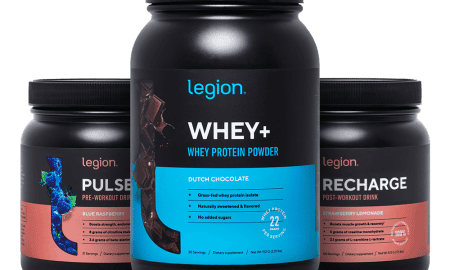


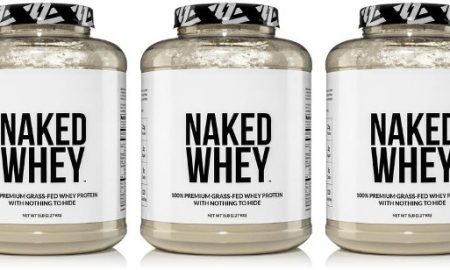
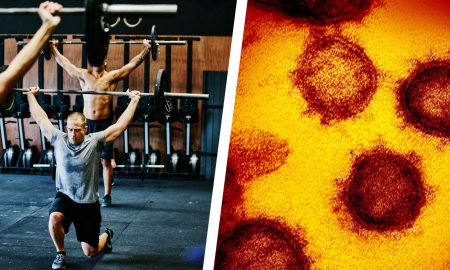
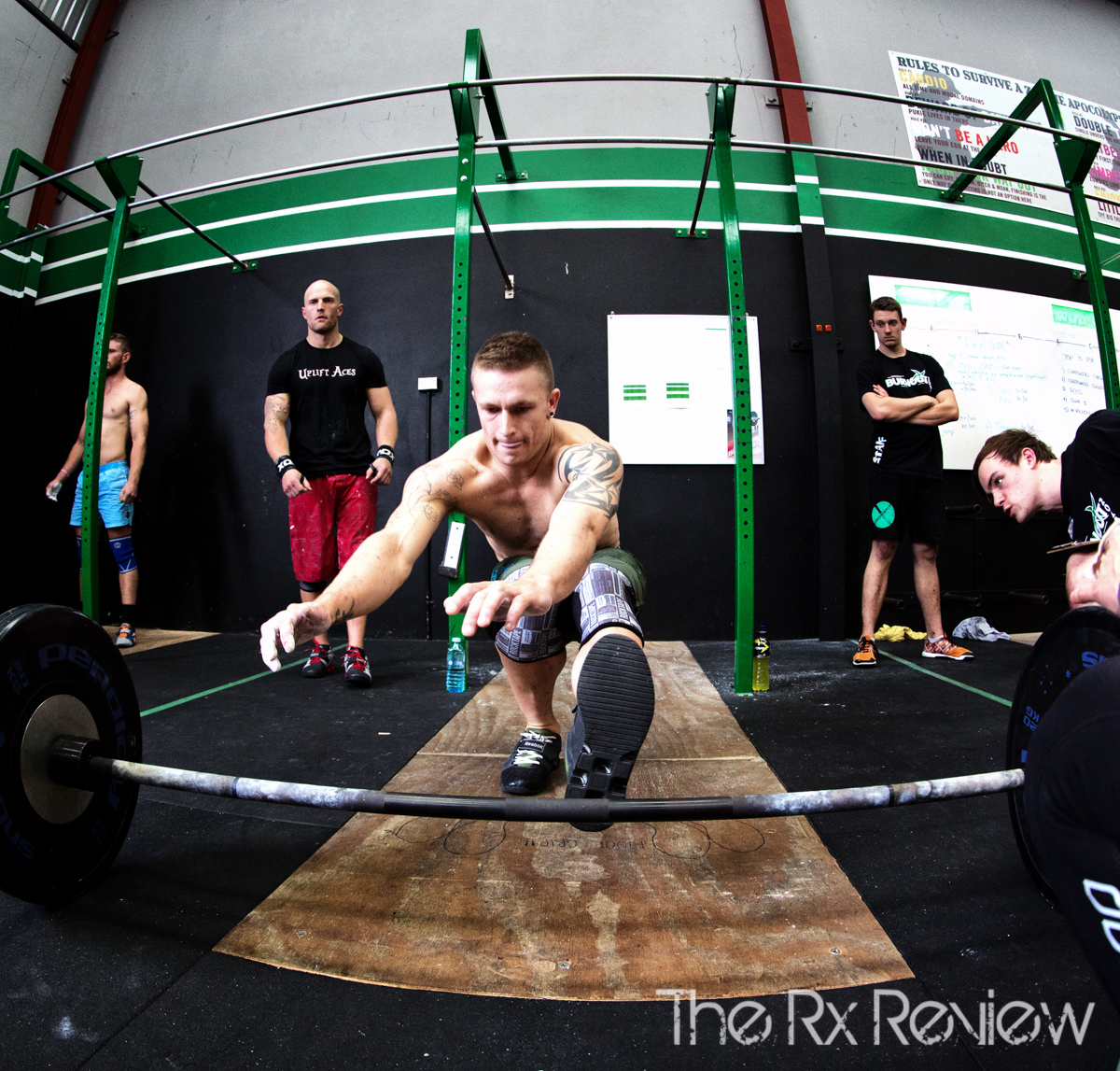



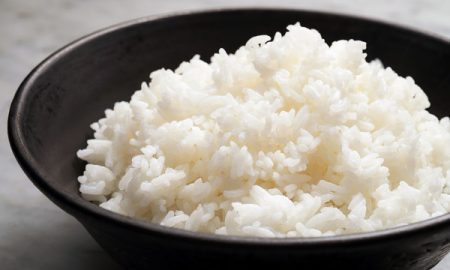


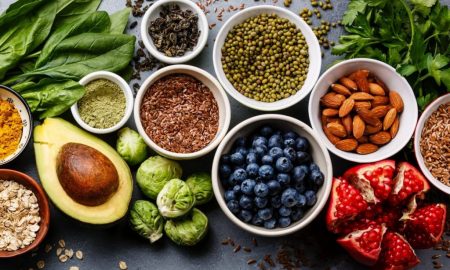




Follow Us